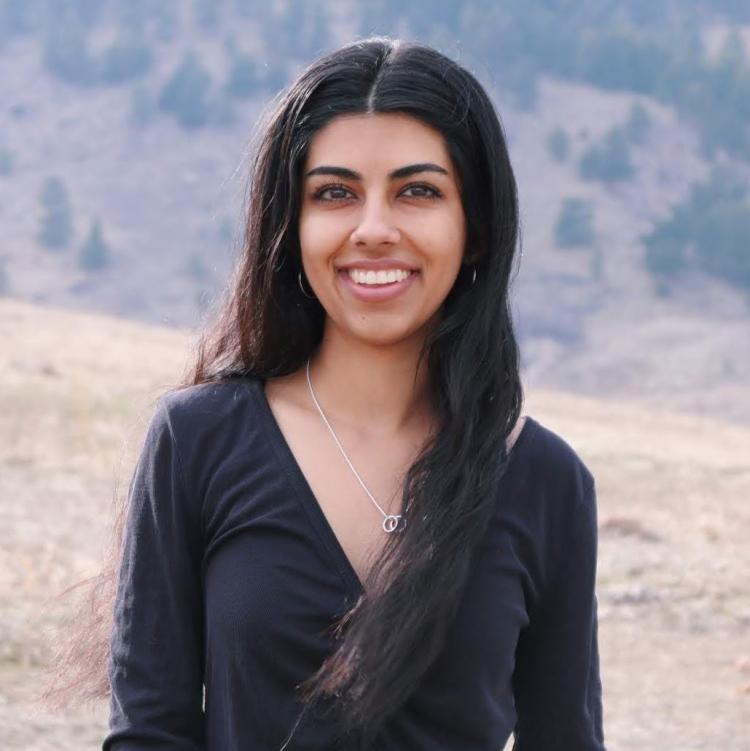CU Boulder biochemistry student explored the barriers to early diagnosis and treatment of children with Autism Spectrum Disorder
Tamanna Talwar wanted to understand why some children are more likely to be diagnosed with autism than others, and to recognize the implications of delayed access to services for children with Autism Spectrum Disorder, or ASD.
She dove into the topic and identified who gets left behind and why. For these efforts, Talwar has won the annual MAP the System competition at the University of Colorado Boulder.
Map the System, a global challenge, is open to CU Boulder students who have an interest in social or environmental issues and want to learn more about a problem that matters to them. The competition aims to promote a systems-thinking approach to tackling social or environmental challenges.

Tamanna Talwar
Talwar, a senior who is about to earn a degree in biochemistry and a minor in sociology, learned about MAP the System when she took a course called “Suffering and Care in Society,” taught by Don Grant, CU Boulder professor of sociology and director of the Social Innovation Program.
As Grant has noted, colleges and universities host a range of contests designed to reward students for ideas about how to address big, societal challenges. But he says those contests tend not to emphasize one element: understanding.
Consequently, the solutions offered by the winners of these competitions often do not work or fail to have the larger impact they promise."
“Most competitions place a strong emphasis on giving a catchy elevator pitch,” Grant says. “They also stress coming up with flashy solutions as opposed to really understanding the problems students are trying to address. Consequently, the solutions offered by the winners of these competitions often do not work or fail to have the larger impact they promise.”
That sentiment captivated Talwar, who “wanted to explore a personal dilemma in the autism gap for diagnosis” and began research about diagnostic disparities “perpetrated by the different infrastructures,” she said, adding:
“As the elder sibling of someone with autism, this only furthered my interest to understand how different social, environmental and physical factors contribute to the discrepancy seen among vulnerable populations and try to better understand the implications of delayed access and services for children with Autism Spectrum Disorder.”
About one in 54 children is somewhere on the autism spectrum, but white children are more likely to get diagnosed and treated than Black or Hispanic children, Talwar noted. Those differences in diagnosis do not reflect genetic differences but appear to reflect biases against non-white and lower-income families, along with differences in urban vs. rural health care, for instance.
Talwar, who is also pursuing two certificates in Global Public Health and Care and Health and Resilience, noted that the competition gave her an opportunity to explore how different sectors exacerbate the lack of diagnosis but also to “map the system towards an impactful solution for the gap.”
After presenting and defending her project, Talwar was “beyond excited” to learn that she’d won the competition. She said she hopes to continue exploring more about the dilemma in hopes of advocating for individuals with ASD to get comprehensive and accessible services during the early, critical years.
This fall she will attend CU Anschutz to pursue a doctorate in pharmacy.
Map the System is part of the Global Challenge program, an initiative of the Skoll Centre at the University of Oxford.



